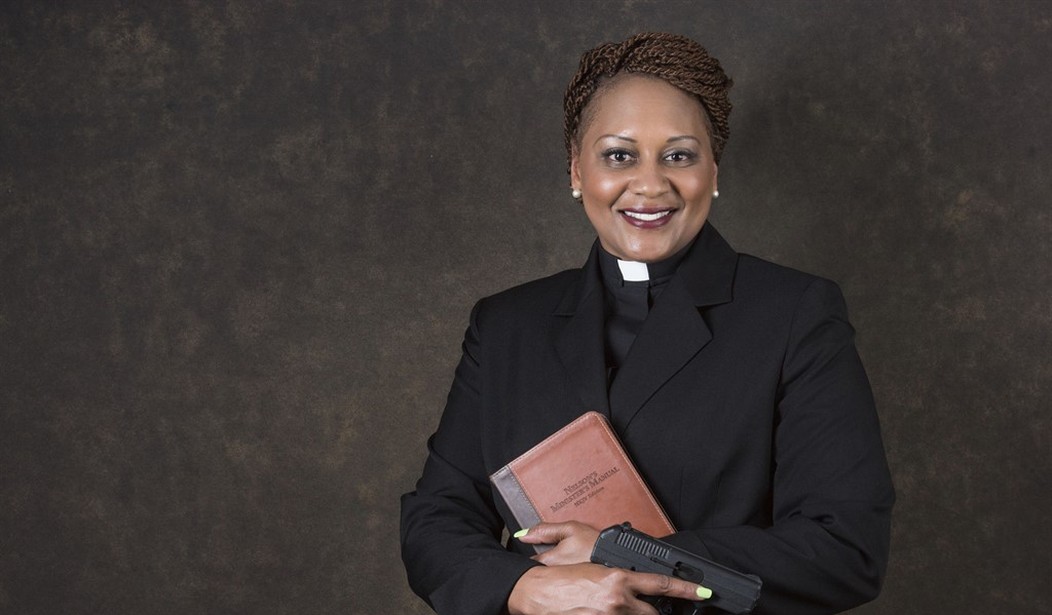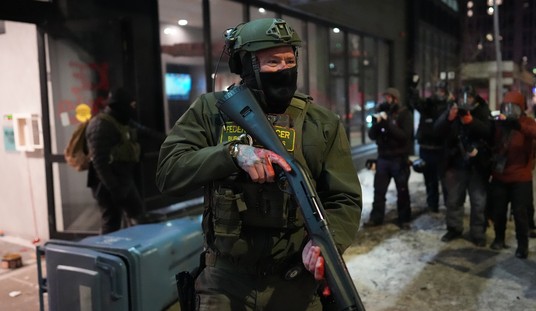We’ve been covering the scandal over the alleged pay-to-play bribery and corruption surrounding the issuance of concealed carry permits in Santa Clara County, California for well over a year now, but it wasn’t until last December that Sheriff Laurie Smith herself was indicted by a grand jury who accused her of “willful and corrupt misconduct” in office. Several of Smith’s top deputies have been facing charges for months, along with donors accused of donating cash and gifts to the sheriff, the department, and a nominally independent organization supporting Smith’s re-election campaign, but Smith herself had managed to avoid culpability for the alleged bribery and corruption within her office until the civil grand jury issued their indictments just before Christmas.
Now we’re learning more about what led the grand jury to accuse the sheriff of corruption and misconduct in office, thanks to the unsealing of reams of grand jury testimony that includes witnesses who say Smith had direct knowledge of the fact that campaign donors were getting approved for their permits, while even victims of violent crimes were being denied their right to bear arms in self-defense.
Jon Golinger, an investigator for the San Francisco District Attorney’s Office – which oversaw the civil grand jury because of conflicts cited by Santa Clara County’s counsel and district attorney offices – testified that an analysis of records showed that between late 2015 and early 2019, just 36 of 248 new CCW applicants were granted licenses, a 14.5% approval rate. But of the ten donors who applied, nine were approved — a 90% success rate.
Lara McCabe, a program manager in the sheriff’s office, testified that Smith said she opposed issuing CCW permits widely because “she doesn’t like to have a lot of guns out there on the streets.” Smith’s attorney and longtime political adviser Rich Robinson testified that Smith “would not issue CCW permits unless there was a demonstrated need.”
But her actions belied those claims, witnesses indicated.
Several permit applicants who were not donors described to the grand jury how they applied for CCW licenses because of documented stalking, death threats or physical abuse. Three did not even get a response, though state law requires a notice of approval or denial within 90 days. The fourth received a form letter citing a backlog in applications.
Meanwhile, a known campaign donor testified that he was passively guided by the sheriff’s office into providing his daughter’s address for his permit renewal because he had moved out of the county. Another longtime Smith donor, NVIDIA founder Chris Malachowsky, testified that he had no safety reason for applying, and left the “cause” field in the application blank, but was issued a permit anyway.
In contrast, and as was suggested in testimony before the earlier criminal grand jury, any permit application that didn’t have a green light from some combination of Smith, Sung or Jensen was left in a filing cabinet.
This isn’t just an indictment of Sheriff Laurie Smith. It’s an indictment of the state’s “may issue” laws, which grant authorities like Smith broad discretion to approve or deny permit applications for any reason… or even to leave applicants in a legal limbo.
But former public information officer Rich Glennon offered new insight into Smith’s alleged role in that practice when he testified that Smith told him the “law was on her side in that if applications were always pending, she never had to render a decision on the application,” so if a criminal background check and fingerprint check were “never completed then she’s within the code.”
“So that was her explanation to you, personally, of why she could just keep applications pending indefinitely?” the prosecutor asked.
“That’s correct,” Glennon said.
The rich, powerful, and connected got their carry licenses, even if they didn’t give a reason at all for applying. Meanwhile, domestic violence victims and others were either turned away or simply left waiting for an answer that never came.
If lawmakers wanted, California could easily end the corruption that’s endemic in its carry permitting system. A “shall issue” system that doesn’t give sheriffs like Smith the leeway to approve or deny an applicant based on their own subjective standard of what constitutes “good cause” would remove the opportunities for graft and bribes that are an inherent part of the current permitting regime, but it would also lead to many more Californians embracing their right to bear arms in self-defense, and that’s a non-starter for Democrats in control of state government.
Californians can’t turn to their lawmakers for relief, but hopefully the Supreme Court will soon make “may issue” laws moot by striking down a similar statute in New York on constitutional grounds. The alleged corruption in Santa Clara County hasn’t really been a part of the debate before the Supreme Court, but the abuse detailed in the grand jury testimony is shockingly similar to the graft and corruption that was documented in the NYPD over the past few years, and is reason enough for SCOTUS to shoot down the “may issue” laws that remain on the books in eight states across the country.









Join the conversation as a VIP Member